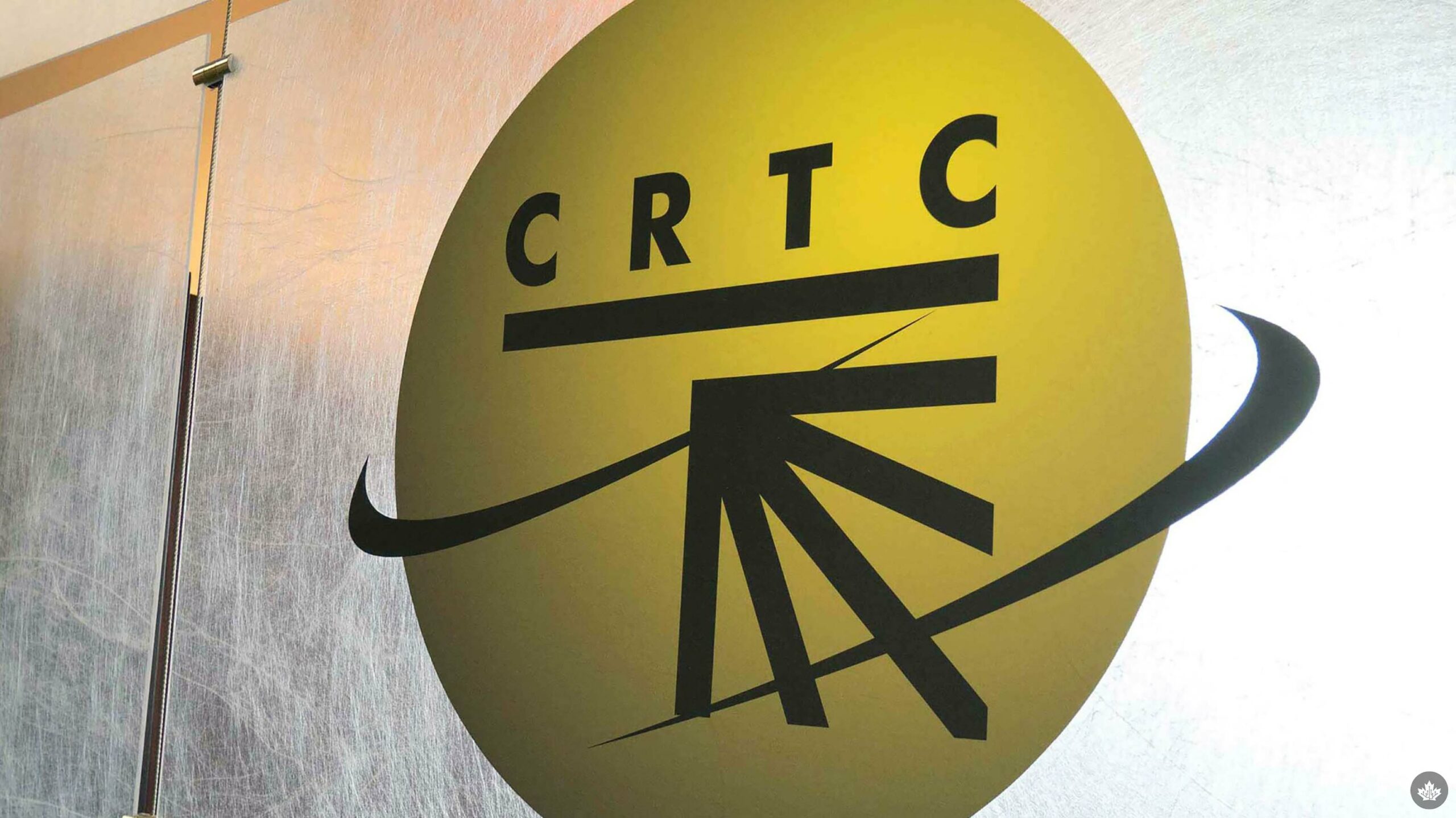
Cogeco wants Canada’s telecom regulator to leave Bell, Telus, Rogers, and their affiliated brands out of a mandated wholesale internet framework.
The Montreal-based service provider says these three companies have taken to use Cogeco’s network as part of their takeover of once-independent internet service providers. Over the past two years, Telus took over Start.ca and Altima. Bell acquired Ebox and Distributel. Rogers took over Comwave.
Frédéric Perron, president of Cogeco Connexion, told the Canadian Radio-television and Telecommunications Commission (CRTC) that almost 50 percent of customers who used Cogeco’s network through the commission’s current mandated wholesale regime belong to the three providers.
“This is unprecedented and is a severe distortion of the original intent of the mandated wholesale access regime. It represents an existential threat to the long-term viability of regional carriers like Cogeco as a going concern,” Perron said during the commission’s public hearing examining a wholesale internet framework.
The hearing is part of the review the CRTC launched in March. In November, the commission ordered Bell and Telus to provide competitors with fibre-to-the-premises (FTTP) access in Ontario and Québec.
Banning Rogers, Bell, and Telus from the framework is a position other service providers, including Eastlink, have also taken.
Cogeco’s second recommendation to the CRTC focuses on allowing companies to recoup their fibre investment before opening up wholesale access. Cogeco wants the regulator to exclude new FTTP facilities from a permanent mandate. This can either be done by exempting carriers whose fibre access networks pass less than 350,000 homes or by leaving carriers with new FTTP deployments out of the regulation for three years.
Like Cogeco, Rogers’ presentation at the hearing also highlighted their business case. The Toronto-based service provider asked that if the CRTC does implement a new framework, it ensure that resellers only have access to one next-generation network (either DOCSIS or FTTP), citing the cost of maintaining the infrastructure for both. It echoed Cogeco by asking the CRTC not to mandate wholesale services on their new FTTP networks.
Rogers further proposed that if the commission’s framework utilizes an aggregated model, the previously implemented disaggregated model, which is only available in Ontario and Quebec, should be phased out.
With aggregated services, resellers can lease access facilities and transport facilities from a competitor. Under disaggregated services, resellers can only lease access facilities but not transport facilities. Resellers can get this from their own investments or lease it from another provider.
Rogers further proposed that any exclusions the framework applies to wholesale customers must be done in an “equitable manner” among carriers that operate their own infrastructure and networks.
Dean Shaikh, the senior vice president of regulatory affairs at Rogers, specifically asked the commission to avoid Telus’ proposal, a position other presenters also took.
During its presentation Wednesday, Telus stated Canada didn’t have national internet incumbents. While representatives said the company is an incumbent in Alberta and B.C., it’s not one in Ontario and Québec. The company proposed a wholesale mandate shouldn’t be available to network owners in their traditional serving territories. It should, however, be available to everyone outside of their incumbent territories.
“Telus’ proposal is hypocritical. It’s self-serving, and it’s based on a misleading premise that Telus is this plucky regional carrier that’s going to provide competition,” Shaikh said. “That’s simply not true.”
Cogeco further proposed the commission shouldn’t use “retail rate benchmarking” when setting wholesale access rates. Instead, the CRTC should use a method that ensures the rate increases equally when the speed of the service increases.
Quebécor, presenting on behalf of Vidéotron, also touched on wholesale rates in its presentation.
CEO Pierre Karl Péladeau said the CRTC’s wholesale framework would need to implement “fair and reasonable” rates to ensure companies continue investing in their networks while sharing them on a wholesale basis.
Péladeau suggested two tools that will allow the rates to remain reasonable. The first is imposing a uniform national tariff requiring all incumbents to offer wholesale internet services at uniform speeds and rates. The second tool would be to impose a safety net or reasonableness test to prevent predatory pricing.
Friday will mark the end of the CRTC’s week-long hearing.
MobileSyrup may earn a commission from purchases made via our links, which helps fund the journalism we provide free on our website. These links do not influence our editorial content. Support us here.


